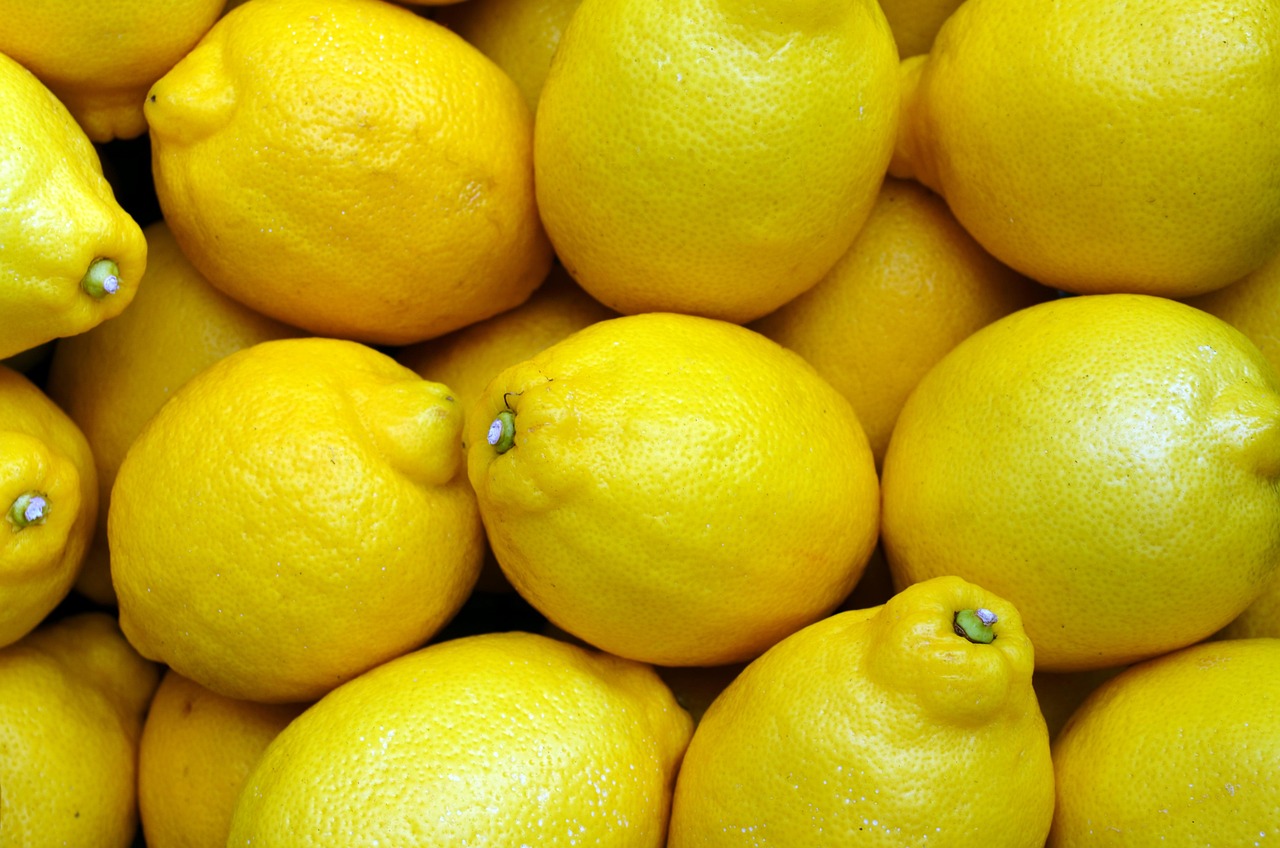News release
From:
Scientists find that a playful approach to life activates ‘lemonading’, which helps people cope with adversity
Highly playful people are realistic about their circumstances, scientists say, but they are more resilient in the present and more optimistic about the future
To study how playfulness shapes people’s responses to constraints and disruptions, scientists surveyed 503 Americans about their behavior and feelings during Covid-19. They found that people who were more playful were more positive about an uncertain future, while remaining realistic about the facts of the present. They were better at adapting to challenges and constraints, experienced more joy and immersion in daily activities, and were more resilient. The scientists called these playful people’s cognitive and behavioral redirecting, creatively imagining and actively pursuing more positive outcomes, ‘lemonading’.
Scientists have found that taking a playful approach to life doesn’t mean you don’t take your situation seriously, but it can mean you cope with it better. By surveying people about their experiences during a Covid-19 lockdown, they learned that more playful people were more positive about the future and coped more actively and creatively. Life gave them lemons, and they made lemonade.
“Our study revealed that playfulness and resilience are intimately connected through what we call ‘lemonading’ — the ability to imagine and generate positive experiences even in difficult circumstances,” explained Dr Xiangyou ‘Sharon’ Shen of Oregon State University, corresponding author of the article in Frontiers in Psychology. “While more and less playful individuals reported feeling equally vulnerable and isolated during the pandemic, highly playful people actively altered challenging situations, found creative substitutes for what was lost, viewed obstacles as opportunities for growth, and maintained a sense of control over their responses.”
Lemonading
Shen and her colleagues had long been interested in how playfulness influences people’s approach to life, particularly challenging experiences. The pandemic gave them an opportunity to investigate how it shapes resilience on a large scale. They recruited 503 adults living in the US and surveyed them in February 2021, during the second pandemic wave and early vaccine rollouts.
The survey targeted participants’ experience of life during the pandemic, like their perceptions of infection risk, whether they thought things would get better, their social support, and their emotional and behavioral responses. Participants were also asked to rate their own playfulness on a scale measuring their spontaneity, how inhibited they felt in general, and how motivated they were to seek out fun.
The scientists then used this data to divide their participants into quartiles, depending on how highly participants rated for playfulness. To learn how playfulness affects the way people see and respond to their environment, they compared the most playful quartile to the least playful quartile: two groups of 126 participants.
A spotlight on positive possibilities
The data revealed that more playful participants were more optimistic about the future, with a greater expectation of a successful vaccine rollout, and life returning to normal. However, this didn’t mean they weren’t realistic about their current circumstances.
“While rose-tinted glasses would color everything positively, potentially distorting reality, the ‘color spotlight’ effect we observed is more selective,” said Shen. “Playful individuals didn't minimize Covid-19 risks or overestimate the effectiveness of protective measures. They directed their ‘spotlight’ toward possibilities for positive change and growth, illuminating potential paths forward even in dark times.”
Highly playful people were more motivated to seek fun and less inhibited, which may have helped them imagine a broader range of positive possibilities in an uncertain situation. This is complemented by more flexible behavior and greater engagement with their activities, which could explain inter-group differences in resilient coping. Both groups reported feeling equally vulnerable and isolated, but more playful participants took more creative, active steps to cope. Their leisure activities were not significantly different or more frequent compared to less playful participants, but they were more likely to adapt their engagement with those activities by adjusting schedules, exploring new places, or finding creative ways to stay active. They also felt more active, more joyful, and more immersed in their daily lives.
“While our study focused on measuring rather than developing playfulness, research suggests several approaches to cultivate this quality,” said Shen. “For instance, engage in activities that spark joy, be open to new experiences, and hang out with people who make you laugh. You don’t have to play to be playful. It’s about bringing a spirit of fun, openness, and flexibility to everyday moments.”
Play for the future
“Playfulness is a vital but underappreciated resource for maintaining wellbeing, particularly during challenging times,” said Shen. “Understanding how playful individuals navigate adversity can inform strategies to help people cope with stress and uncertainty. This is particularly relevant as we face increasing global challenges that require both realistic assessment and creative adaptation.”
However, Shen and her colleagues cautioned that these findings shouldn’t be over-generalized. Playfulness could affect people differently in different situations. It’s also likely not all the differences between more and less playful people are driven by playfulness alone.
“Though we discovered important differences between more and less playful individuals, there are likely other areas where playfulness influences how people perceive and respond to their environment and life events,” Shen noted. “Future research should examine these potential differences across life domains to build a more complete picture of the playful reframing effect.”



 International
International



